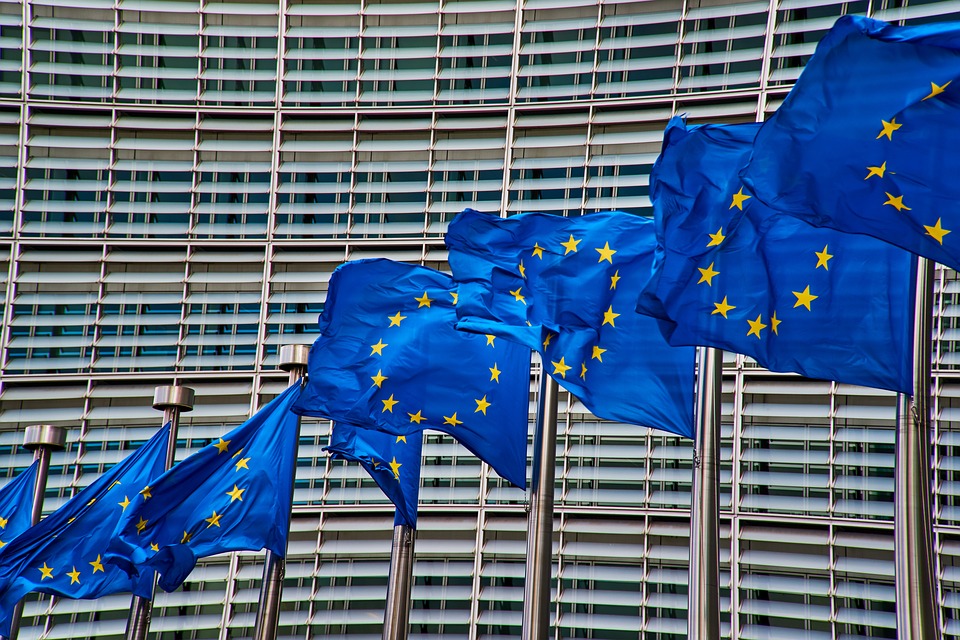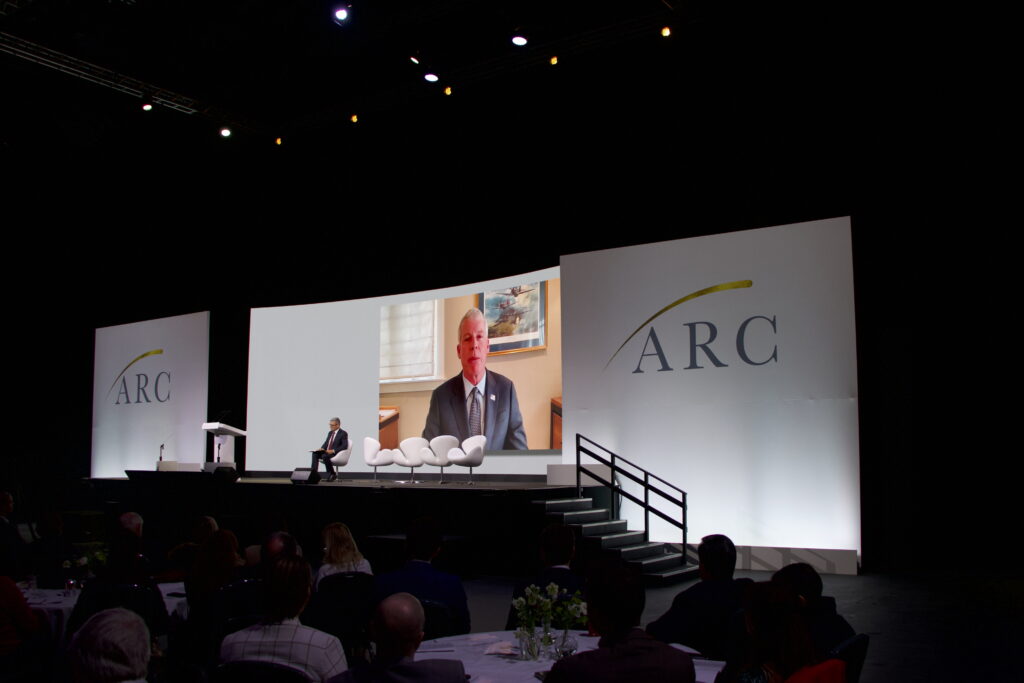The European Union is investigating a powerful farming industry group which no longer officially declares its lobbying budget, DeSmog can reveal.
Campaigners at transparency advocacy group Corporate Europe Observatory sparked the probe through a formal complaint to the EU last month, arguing that both parts of the European agricultural body Copa-Cogeca failed to provide accurate information on their activities.
Copa and Cogeca together claim to represent the “united voice of farmers and agri-cooperatives in the EU” but register separately on the union’s official lobbying register.
Collectively they spent at least €8.5 million lobbying EU policy-makers between 2011 and 2019, and have been criticised by campaigners for pushing to weaken EU climate and environmental measures. Agriculture currently makes up around one tenth of Europe’s greenhouse gas emissions.
However, when asked in September to re-enter details for the EU’s new transparency register, both Copa and Copega marked their status as “non-commercial”, meaning they are no longer required to publish the budget used to lobby policymakers. Along with other “non-commercial” organisations, Copa and Cogeca now only declare their overall annual budget, with no breakdown of spending.
Campaigners claim this registration puts the group in breach of the register’s newly updated code of conduct, which requires organisations to provide information that is “complete, up-to-date, accurate and not misleading”.
Vicky Cann, the researcher and campaigner at Corporate Europe Observatory who submitted the complaints, told DeSmog Copa-Cogeca’s registration was “illogical” and that the case could set a worrying precedent for other industry groups.
“We hope these cases do not indicate a wider problem that trade associations will try to take advantage of the new rules and try to get away with declaring no lobby budget,” Cann said. “The Secretariat should be vigilant and clamp down hard on such examples.”
‘Non-commercial’
Transparency activists are concerned that Copa and Copega, which represent millions of individual farmers and thousands of farming groups across Europe, don’t fit the “non-commercial” category they submitted to the EU as part of the re-registration process. In their publicly available profiles elsewhere on the Transparency Register, both Copa and Cogeca list their categories as “trade and business associations”.
Copa represents European farmers, which operate commercially, while Cogeca represents agri-cooperatives, groups where farmers pool resources to maximise their efficiency. Copa and Cogeca members include powerful national-level farming trade bodies with significant lobbying budgets in their own right.
Though they launched separately and have distinct presidents, the groups formed a joint secretariat in 1962 and tend to present themselves as a united force on EU matters, for example, sharing a website and branding.
Similar to many trade associations, Copa-Cogeca itself operates as a non-profit. However EU guidance states that this is not enough to qualify as “non-commercial,” and that groups must also show a majority of their members are of a “non-commercial, business or profit-making nature”.
‘Greater Transparency’
The introduction of the new transparency rules and registration process follows over five years of negotiations to increase transparency at the EU by making the register “mandatory”. The final agreement, however, was significantly weaker than campaigners had hoped with significant exemptions for both the EU Council and EU Parliament.
The registration period for organisations to re-enter details on the EU transparency register is March 19, according to the official website. Vitor Teixeira, a senior policy officer at advocacy organisation Transparency International EU, urged organisations to declare their spending on the official record.
“Without a breakdown of what is spent on lobbying and what is the general budget, it is impossible to know exactly how much effort powerful lobbying organisations are putting into shaping policy that affect millions of people,” Texeira said.
“Lobbying budgets should be displayed separately to enable civil society and journalists to find out which interests feed into regulations that affect their everyday lives.”
The EU does not appear to publish historic transparency data. However, historic lobbying figures are available on LobbyFacts, a joint project between Corporate Europe Observatory and German non-profit LobbyControl that collates data from EU transparency register records.
A Copa-Cogeca spokesperson told DeSmog they were preparing a “very detailed” response to submit to the EU, in line with official procedure for complaints. The representative disclosed that Copa-Cogeca spent up to €1.5 million in combined lobbying efforts in 2020, though that figure is not currently available elsewhere.
The EU Secretariat of the Transparency Register confirmed it was investigating the complaint. A spokesperson told DeSmog: “In principle, a trade union or association would normally fall under the category of registrants that promote their own interests or their collective interests of their members and should therefore declare its lobby costs related to activities covered by the Transparency Register.”
The process for complaints is expected to take around three to four weeks. The EU spokesperson did not confirm whether it was aware of other similar cases involving trade bodies, however a representative told DeSmog the Secretariat was performing “systematic quality checks”.
Subscribe to our newsletter
Stay up to date with DeSmog news and alerts







